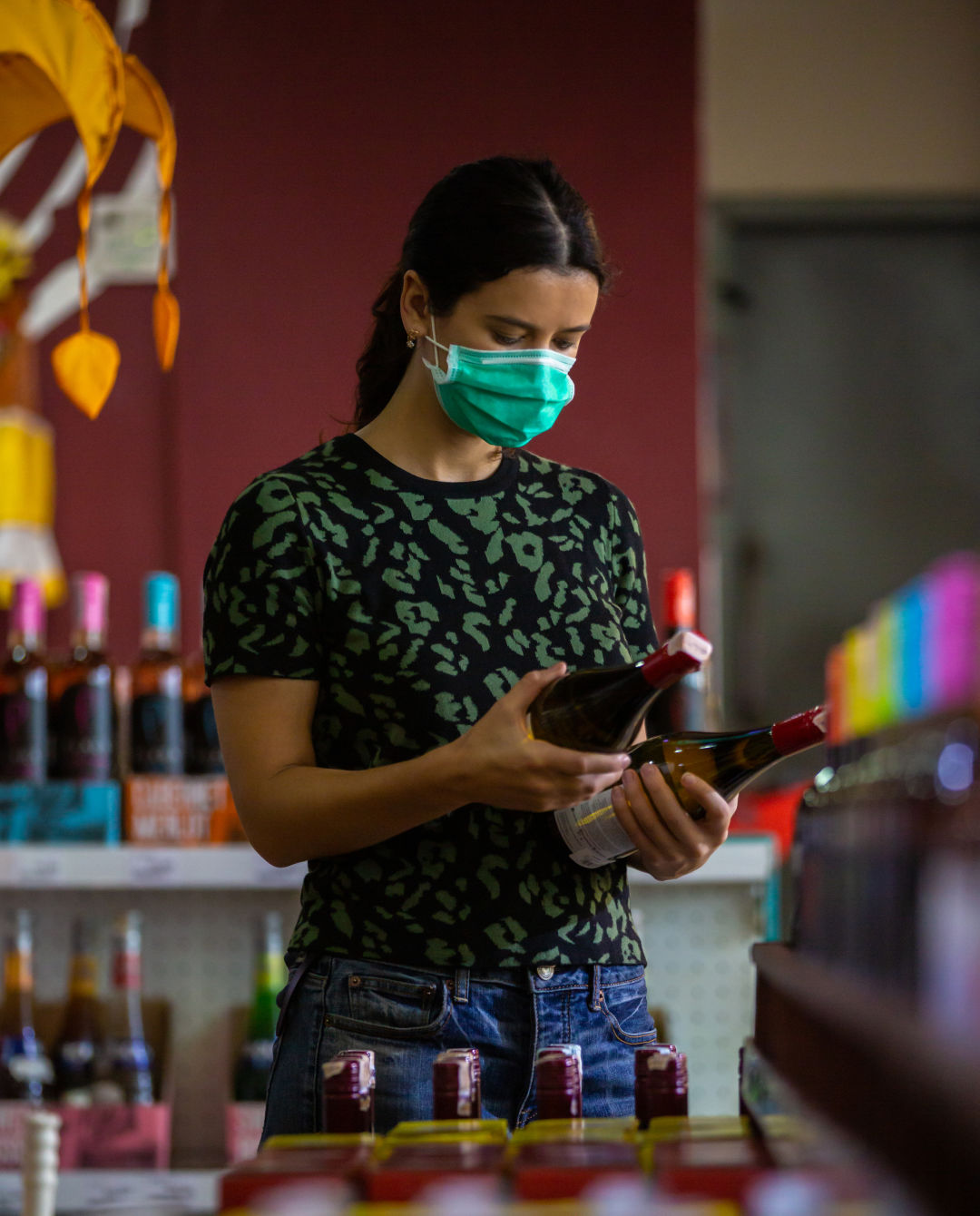How Local Wine Purveyors Have Pivoted During the Pandemic

Local wine stores have had to change their business models drastically due to COVID-19.
Image: Shutterstock
As we all know, the COVID-19 pandemic has not been good for business—especially for restaurants and wine bars. For any business to recover from a two-month shutdown is an improbable task. Customers were lost, Sarasota's "season" ended, no income stream existed, employees were furloughed and food was spoiled.
However, although restaurant wine sales dropped 80 percent or more, local retail wine sales jumped 30-50 percent, mostly due to online ordering and curbside pick-up.
I spoke with several local wine experts to better understand how their businesses coped. From fine dining to wine bars, each location has a major focus on wine, and it usually accounts for a significant portion of its profits. What I found was disturbing because, like the canary in the coal mine, it shows how deep the restaurant crisis is. Many restaurants, and especially wine bars, are barely surviving. Not only was the lockdown detrimental to their income, but many furloughed employees have not returned, and some that stayed employed have contracted the virus, causing restaurants like Duval's, Bijou Cafe and others to close again. Those that have survived needed to get creative—quickly.
Sean King, a wine director at Michael’s on East, told me that Michael’s was well-prepared for the shutdown because of its catering expertise and online presence. That allowed Michael’s to contact potential customers directly and quickly establish a dinner take-out system. (This became so successful that Michael’s did 500 dinners for Mother’s Day.) Soon after the take-out meal program was launched, wine was added. Customers could purchase a pre-selected wine with their meals or select another option from Michael’s Wine Cellar. Wine inventory was deep, since much was purchased prior to lockdown. Continuing in this creative spirit, the Wine Cellar now has a Wine Social Club (with social distancing in place) that meets twice a month, and the restaurant is focusing on smaller catering events.
Ari Aisenberg, proprietor of Zebra Lounge and Wine Bar, told me he was also closed for two months, from March to May. No employees were lost, but one left because of virus concern. Aisenberg says Zebra's survival is tentative because lost revenue cannot be regained—and although business was brisk upon reopening, sales have fallen drastically due to the season ending and increased fear of COVID-19 as cases rise nationally, statewide and locally.
Melanie Dodge, proprietor of Siesta Key Wine Bar, said she survived by having a package sales license. This allowed her to sell bottles at retail. In a strange twist of fate, she only purchased the wine bar in January. When we spoke, she exhibited frustration with how operating rules changed, both local and statewide. Employees were furloughed but returned after PPP arrived. To cope with the reduction of income, she began delivery, created gift baskets and held virtual wine tastings.
What each of these experiences tells us is that we are fortunate to have dedicated local proprietors who will do whatever it takes to survive and, hopefully, flourish. What they need most is our support by dining in (safely, of course) or ordering take-out or delivery.
Bob McGinn has spent his entire career in the wine industry—forming wine clubs, working in wine sales marketing and engaging in all facets of the winemaking process, including vine management, fermentation and yeast analysis. He has developed wine programs for companies such as Marriott, Sheraton and Smith & Wollensky, and consults with local restaurants. You can read more of McGinn’s work at gulfcoastwinejournal.com.
